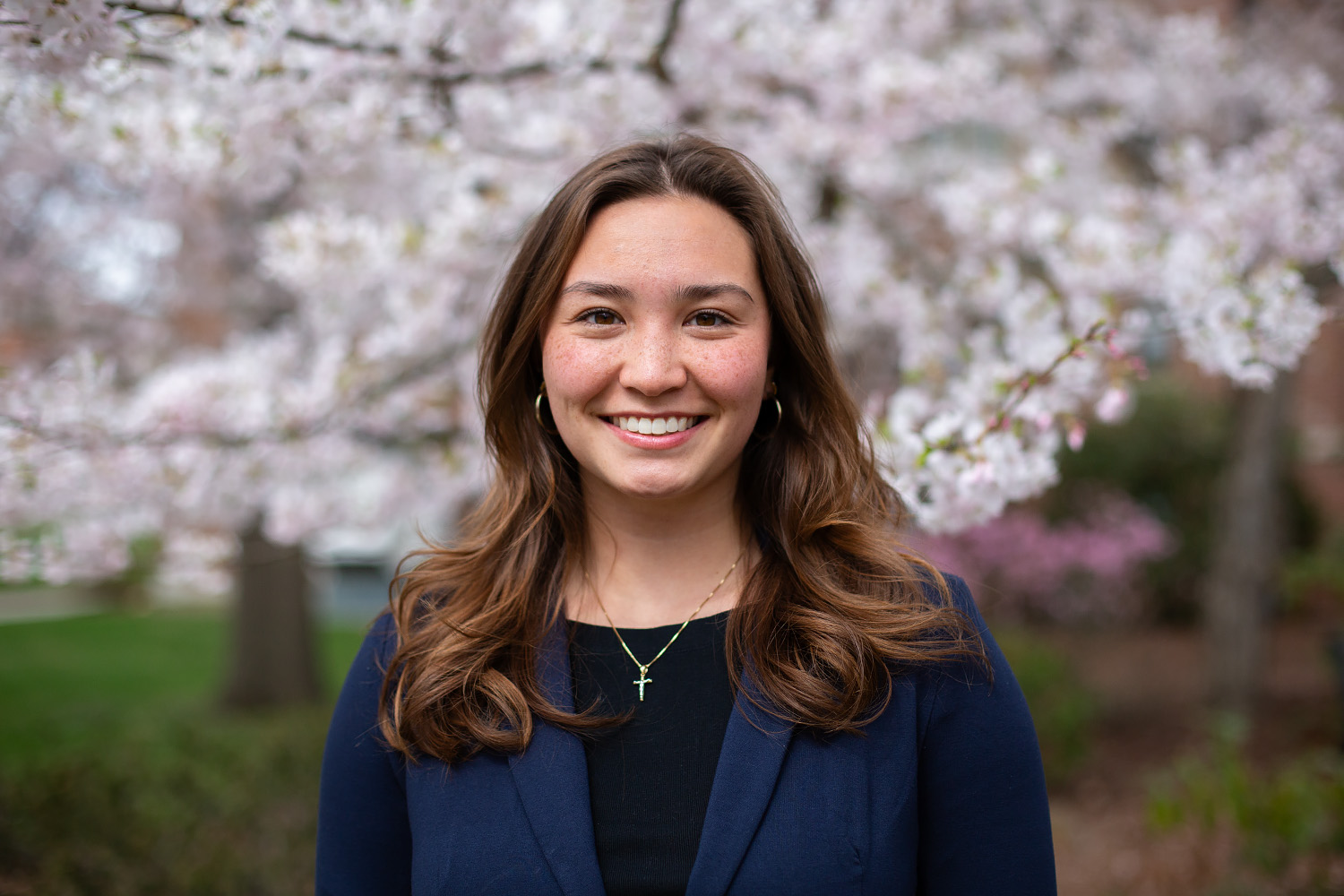
Cannes Director Catherine Corsini Defends Filming a Sexually Suggestive Scene With Minors: ‘Rumors Are Out of Control’ (EXCLUSIVE)
Catherine Corsini, an outspoken queer activist and co-founder of France’s feminist organization 50:50, should have been celebrating her new film’s inclusion in the competition lineup of the Cannes Film Festival. Instead, she found herself in the middle of a firestorm after “Homecoming,” her coming-of-age story, failed to get the proper government approvals for a scene of a sexual nature involving two minors.
Corsini admits that mistakes were made. But she says that she took every effort to protect her young actors from being exploited.
That scene, which was eventually cut from the movie, became the object of wild rumors, which Corsini said are false, “crazy, completely out of control.” “I’m hallucinating at things I’m reading, accusing me of having forced Esther to do a blowjob or masturbate herself,” she said.
Audiences will get to decide if “Homecoming” is sensitively wrought or exploitative as the film premieres in Cannes on Wednesday.
The film follows Kheididja (Aïssatou Diallo Sagna), a Black woman in her 40s and her two daughters, Jessica (Suzy Bemba) and Farah (Esther Gohourou), who return to Corsica to work for a wealthy family for the summer after leaving the island in mysterious circumstances over a decade ago. The film revolves around the girls as they fall in love for the first time, while discovering things about themselves and their secretive family history.
Corsini, who wrote the film with Naïla Guiguet (“The Innocent”), said “Homecoming” is “a film about these women’s emancipation, their sexual and romantic awakening.”
Shortly after word got out that the film was selected for the competition, rumors of alleged incidents during filming started spreading, forcing Cannes’ chief Thierry Fremaux to hold the slot and proceed with an investigation. Since the probe yielded no evidence and no formal complaints were filed against Corsini or her producer, “Homecoming” was eventually announced on the lineup a few days after the official announcement.
But the French National Film Board decided to cut its subsidies for production due to an intimate scene involving Gohourou and Harold Orsini, who plays her love interest. It was added to the script without the consent of the Commission des Enfants du Spectacle, a government-backed organization intended to safeguard child actors.
Speaking to Variety, Corsini said she “decided to add this scene during filming, it wasn’t in the script when we submitted it to the Commission des Enfants du Spectacle three months prior.” So what was the scene that caused the uproar?
Corsini says it unfolds during a wild house party. “I wanted to capture with this small sequence between these two young actors, the awkwardness of the first emotions of love,” she said. Corsini stresses that “it suggested something of a sexual nature, but we didn’t show anything since the camera was centered on the faces.”
Corsini, whose film is being produced by her partner Elisabeth Perez at Chaz Production, said she “took every necessary precaution to film that scene.”
“I also proposed to the actors to work on the scene with an intimacy coach, but since they were dressed and didn’t touch each other, and since they trusted each other, they decided that it wasn’t necessary,” Corsini said. Gohourou released a statement corroborating Corsini’s claim that she refused an intimacy coach. “During the scene, they put us completely at ease and honestly since Harold and I had also worked together we were not uncomfortable,” said Gohourou.
Corsini said she ended up axing the scene from the final edit “to calm everyone down and especially so that people would stop bothering the actors.”
Two alleged incidents during the production were also reported in the press involving two actors, including Gohourou who accused a stuntman of acting inappropriately during a scene.
While the accusation against the stuntman was investigated internally and proved inconclusive, it was reported to the prosecutor because she was a minor. The prosecutor then sent out a social worker to speak with Gohourou and her mother. “They didn’t want to press charges and Esther also said she had consented to doing the intimate scene (with Orsini),” said Corsini.
A separate incident involved a non-professional female who was initially cast in the role of Jessica. The young woman briefly rehearsed with a coach for the part, along with other actors, and accused him of inappropriate conduct. The incident was reported to an executive at Chaz Productions who was tasked with preventing harassment on the company’s film sets.
Perez said an internal investigation was conducted and it proved inconclusive.
Meanwhile, Corsini ended up giving the part to another actor after she reported the harassment that occurred during the rehearsal. Corsini says that her decision to come forward had nothing to do with her being let go. “I just realized very quickly that she wasn’t a good match for this role, as it can often happen during the early days of rehearsals,” she says. Months after being dismissed from the project the actor decided to file a police complaint against the coach, Corsini claims.
Corsini is moving on from the controversy and wants to stress the film’s partly-autobiographical roots.
“My dad was Corsican and he died when I was two and a half,” she said. “I was raised by my mom who never taught me anything about my Corsican heritage. My mother talked about my dad as a hero but the way she talked about Corsicans was very negative. Growing up, I idealized my dad because he wanted to make films and I returned to Corsica when I was 15, a bit like Jessica. When we shot the film, I hadn’t been in Corsica for 30 years and I returned to the house that belonged to the brother of my grandfather. We filmed there, in the bedroom where I saw pictures of my dad that I had never seen before and cried all night.”
Corsini said she also wanted to collaborate with a young screenwriter and tell a love story between two young women who come from different worlds, socially and culturally. She was also eager to work again with Aïssatou Diallo Sagna, who won last year’s Cesar award for best supporting actress for her role in “La Fracture.”
“I wanted people to remember her. I know how it works in the film world, you give someone a Cesar Award and then you never hear from them,” said Corsini.
While the film portrays an underprivileged Black family, Corsini added that it’s not a movie about racism. It’s a universal tale meant to challenge stereotypes. “Movies are like big recipes where we pour our memories, feelings, emotions and thoughts and we mix them together,” she said.











































































